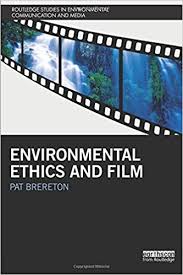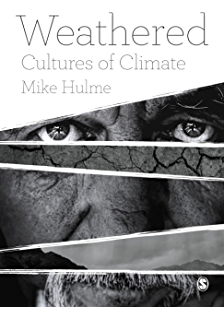Special Issue:
Perspectives on ‘the Climate Wars’
Editorial
Hart Cohen
Western Sydney University
There can be no doubt that climate change and its complex set of problems pose enormous challenges to the human capacity for understanding and finding solutions to them. This issue through its guest editor, Myra Gurney, offers a number of approaches to the concerns raised by climate change. The focus is on both discursive and thematic issues along with an important interview with Tim Flannery who has led the engagement with climate change strategy as a high-profile voice for mitigation.
I would like to thank Myra for her dedication to leading this issue’s content and for her important role in ensuring the writing quality of the papers in their stylistic and literary presentation. Thanks also to our many reviewers and especially to Roman Goik, Tim Dwyer and Antonio Castillo for their assistance in the realisation of this issue.
This is our second issue for 2017. We are underway with planning for 2018. Please watch this space!
Guest Editorial
Myra Gurney
Western Sydney University
Since the election of the Rudd Labor government in 2007, Australian politics has wrestled with climate change as both an existential global scientific phenomenon and a parochial political and ideological issue. The focus of the political debate during this time, dubbed the ‘climate wars’, has shifted from advocating policies to deal with the ‘greatest moral challenge of a generation’ to those that ‘axe the tax’ or promote coal as ‘good for humanity’. Within the broader context of significant changes in the political economy of media, this shift has been exacerbated and enabled by highly concentrated media ownership and a conservative mainstream media that has broadly fomented the questioning of climate science by partisan bodies.
During this last two years however, we have seen both a resurgence of significant global voices urging action on climate change plus political pushback from populist political movements. From Pope Francis’ unique 2015 Ecological Encyclical, the call to adopt the Oslo Principles on Global Obligations to Reduce Climate Change to the success of the 2016 Paris Climate Agreement, the momentum for serious international action appears to be growing. On the other side, the November 2016 election of Donald Trump to the US presidency has seen Trump fulfill his election promise to withdraw the United States from the Paris Climate Agreement as well as his subsequent appointment of a range of climate deniers to key administrative roles within his administration and most recently, NASA. In November 2017, as global carbon emissions have reportedly started to rise again after several years, scientists from 180 countries have put their names to a journal article warning that time is running out to prevent global environmental collapse if definitive action is not taken.
Within this context, the Australian debate and policy action continues to be stuck in a time warp. Examples include the ongoing difficulties within Malcolm Turnbull’s Coalition government over energy policy, attempts to deprive investment in renewable energies technologies to in-principal support for the Adani coal mine in Queensland from both Turnbull and Queensland State Labor (who have recently withdrawn their involvement in financial assistance for the mine due to political pressure during the 2017 state election). As a result, Australia has been ignominiously labeled a ‘ free rider ’ and ‘climate change pariah’ in recent years by international leaders including former UN Secretary General Kofi Annan. Additionally, its proposed emissions reductions targets have been described as ‘pathetically inadequate’ for a country with the highest emissions per capita in the world.
Yet beyond the ‘sturm und drang’ of recent Australian politics, climate change is having a range of impacts that reverberate in a variety of ways and contexts. This edition of Global Media Journal (Australia) is pleased to publish a range of papers that explore some of these from different perspectives, places and in different ways. This edition kicks off exploring one of the perennial hurdles for emissions reduction advocates and policymakers – Australia’s love affair with the car. In ‘Comfortably cocooned: Onboard media and Sydney’s ongoing gridlock’, Nick Richardson and Paul Ryder consider the connection between public transport initiatives and Australian’s stubborn resistance to moving beyond the individual comfort and convenience of the motor vehicle despite the ever-worsening peak hour traffic gridlock in our major capital cities. Their research, which originally aimed to understand the relationship between media and public discourse focusing on attitudes to rail infrastructure in gridlocked Sydney, throws up an ironic twist which they assert is stifling the logical move from car to the multiplicity of public transport options in which the NSW state government is currently investing. The paper explores the powerful mythology of the motor car as it has evolved throughout the 20th century along with the modern impact of wireless technologies such as GPS and Bluetooth which have worked to further embed the comfort, convenience and empowerment that lies at the heart of motor vehicle obsession – the irony is that our cars with all their attendant technologies, have become places of solace in ‘an overwhelmingly public world’ even as traffic becomes increasingly gridlocked. The paper concludes that unless urban strategists confront these persistent, albeit transmogrified, mythologies, Sydney-siders and urban dwellers everywhere are unlikely to yield to logic and abandon their vehicles.
One of the persistent tropes of the ongoing ‘climate wars’, is that of the non-expert ‘climate sceptic’ who has asserted the right to challenge climate science beyond the spaces in which these debates have historically occurred. As Boykoff and Boykoff (2014) notably argued, this has ironically been enabled by the traditional journalistic norm of ‘balance’. It has been further perpetuated by a partisan and politicised media that increasingly seeks to counter the digital fracturing of its audience by favoring and promoting partisan commentary in place of balanced, nuanced and informed journalism (for an example, see Crikey.com’s recent series on The Australian’s ‘Holy Wars’). One of the key proponents of media-led climate ‘scepticism’ has been News Limited’s Andrew Bolt, and the paper ‘Andrew Bolt and the discourse of ‘scepticism’ in the Australian climate change debate: A ‘distant reading’ approach using Leximancer’, examines a large corpus of Bolt’s columns and blog for the manner in which his so-called ‘scepticism’ is discursively constructed and compares this to the more traditional notion of scepticism in the epistemology of science. While it is no surprise that Bolt’s writings are more ideologically than scientifically informed, the Leximancer analysis confirms the extent to which he appropriates the discourse and attendant authority and legitimacy of science to exculpate his political views in a manner that is wholly inconsistent with the traditions and intentions of scientific method – as the Skeptics Society (2014) observes, ‘scepticism is a method, not a position’, a point that has been largely lost in much of the so-called recent media debate over climate science.
Part of the success of Andrew Bolt and his ilk in the ‘climate wars’, has been their ability to shift public opinion about the efficacy of climate science as a whole, to cast aspersions on the expertise and authority of scientists and to erode electoral support for affirmative action on carbon emission policies. While the Climate Institute’s most recent report, published in June 2017, notes that 71 percent of Australians agree that climate change is occurring and 57 percent now accept the role of humans in the phenomenon, these figures have ebbed and flowed over the years. Currently the debate in Australia is being positioned as one of energy efficiency and reliability with many conservative politicians continuing to argue the need for new coal-fired power stations rather than increasing investment in renewable energy. The role of public opinion in fostering political action is explored in the paper ‘Media preferences, low trust and seasonal adjustment: Communicating climate change adaptation to vulnerable, low socioeconomic groups in Adelaide’. This study by Robert Palmer, Kathryn Boyd and Mary Griffiths of the University of Adelaide, explores the relationship between socio-economic demographics, media preferences and support for climate change adaptation policies. South Australia, among all the Australian states, faces significant challenges in this sphere because of geographical and socio-economic factors that make it more highly prone to the impacts of climate change. The authors examine the association between media consumption habits, socio-economic status and attitudes in Adelaide specifically. They further discuss the connection between these groups and their reported low levels of trust in different spheres of government and non-government institutions more broadly concluding that we need to consider these factors when designing communications specifically for vulnerable groups in Adelaide and other parts of urban Australia.
In our ‘In Conversation’ segment, we are pleased to publish the transcript of an interview between academic and author Dr Kate Fagan and prominent environmental activist, climate commissioner and 2007 Australian-of-the-Year, Professor Tim Flannery in which they discuss Professor Flannery’s 2015 book Atmosphere of Hope: Searching for Solutions to the Climate Crisis. In the interview, Flannery goes beyond the geopolitics that are so often central to these kinds of debates and overviews new ways of thinking that are generating innovative approaches and ‘third way technologies’ to deal with the impending climate crisis. Dr Fagan summarises Flannery’s contribution to this debate as articulating how solutions can be organically generated by a ‘meeting of science and imagination’ in ways that offer hope to the doomsday scenarios that often can stifle rather than engender critical thinking around this issue.
As usual, our edition is well rounded off with a series of book reviews on this topic. Our reviewers tackle a series of recent publications written by a range of scholars from Mike Hulme, Clive Hamilton, Michael Mann to Christopher Wright and Daniel Nyberg, with the Australian Labor Party’s Mark Butler offering an Australian political perspective. These very different books approach the topic of climate change and climate politics from a range of fascinating academic, philosophical, ethical and political perspectives highlighting the depth and diversity of debate in this important field.
Finally, no edition of GMJ AU would be complete without the contribution of media policy analyst Associate Professor Tim Dwyer who gives his expert summary of the recent Australian media reforms.
Thanks as always must go to our contributors and reviewers and especially my colleagues on the GMJ AU editorial committee, in particular Professor Hart Cohen, Dr Antonio Castillo, Associate Professor Juan Salazar and our masterful webmaster, Roman Goik. We hope that you enjoy this edition.
Special Issue Refereed Articles
-

Comfortably cocooned: Onboard media and Sydney’s ongoing gridlock
Nicholas Richardson
Read Abstract Read Article
University of New South Wales
Paul Ryder
University of New South Wales
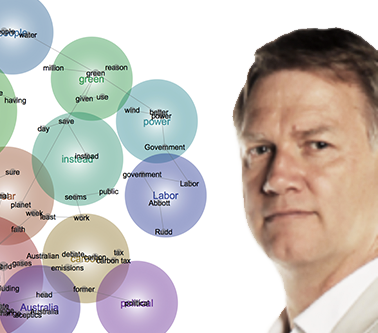
Andrew Bolt and the discourse of ‘scepticism’ in the Australian climate change debate: A ‘distant reading’ approach using Leximancer
Myra Gurney
Read Abstract Read Article
Western Sydney University
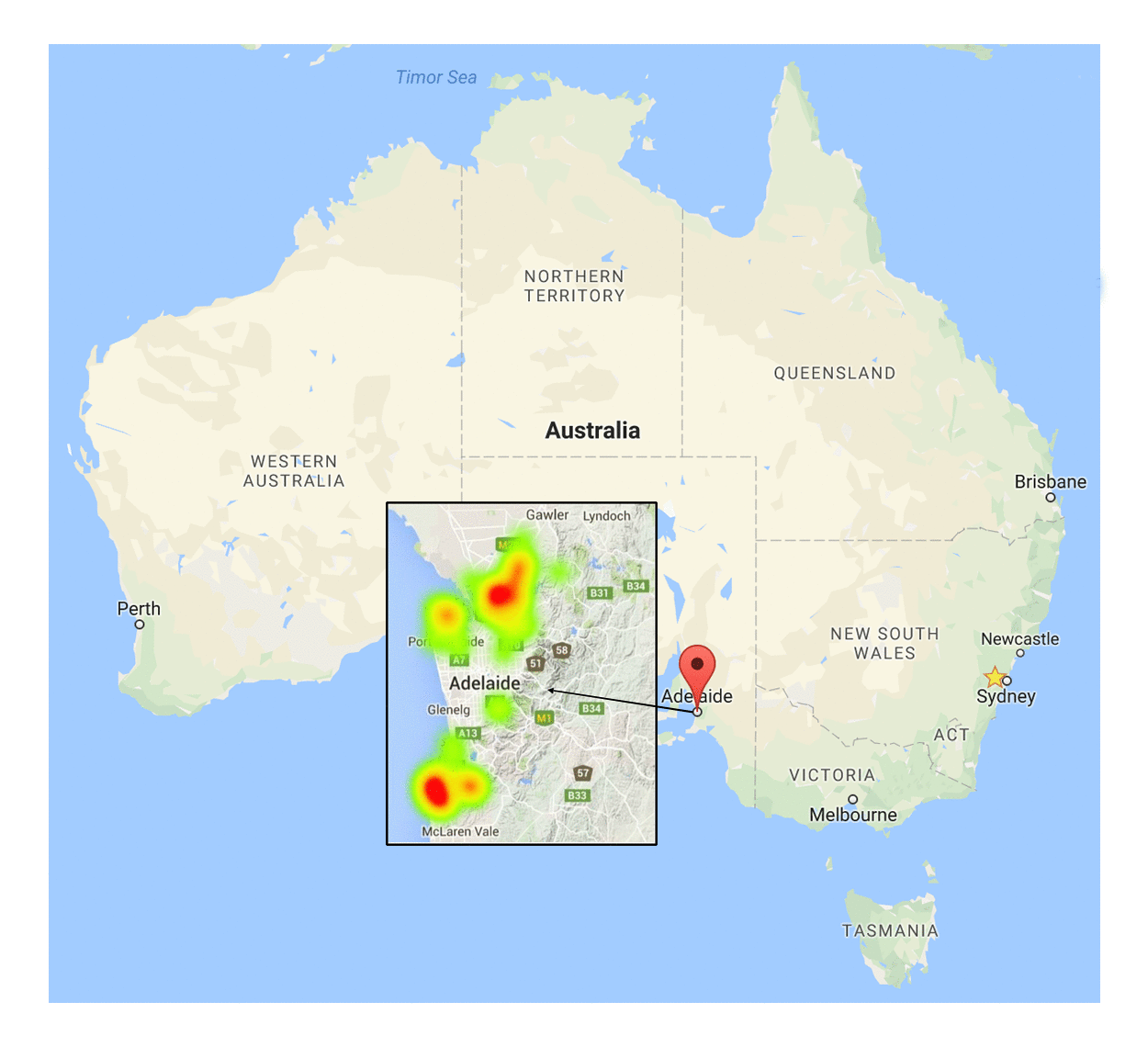
Media preferences, low trust and seasonal adjustment: Communicating climate change adaptation to vulnerable, low socioeconomic groups in Adelaide
Robert Palmer
Read Abstract Read Article
University of Adelaide
Kathryn Bowd
University of Adelaide
Mary Griffiths
University of Adelaide
Interviews
-
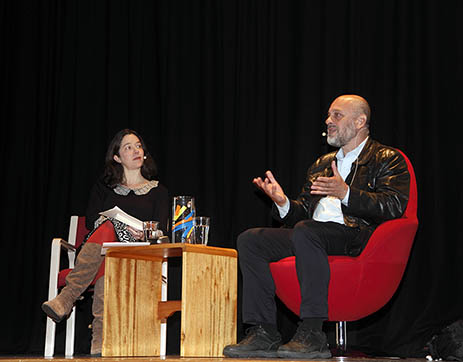
‘Atmosphere of Hope’: In conversation with Professor Tim Flannery
Kate Fagan
Read Abstract Read Article
Western Sydney University
Book Reviews
-
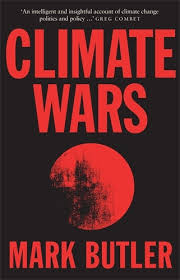
Climate Wars
Paul Esposito
Read Review
Tempe High School (Australia)
Dianne Dickenson
Western Sydney University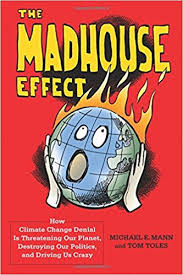
The Madhouse Effect: How Climate Change Denial Is Threatening Our Planet, Destroying Our Politics, and Driving Us Crazy
Dianne Dickenson
Read Review
Western Sydney University
Paul Esposito
Tempe High School (Australia)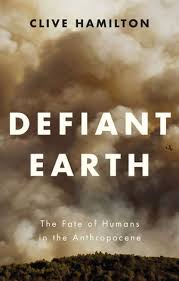
Defiant Earth: The Fate of Humans in the Anthropocene
Benjamin Matthews
Read Review
Western Sydney University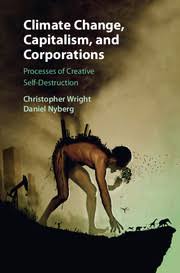
Climate Change, Capitalism, and Corporations: Processes of Creative Self-Destruction
Paul Alberts-Dezeeuw
Read Review
Western Sydney University

